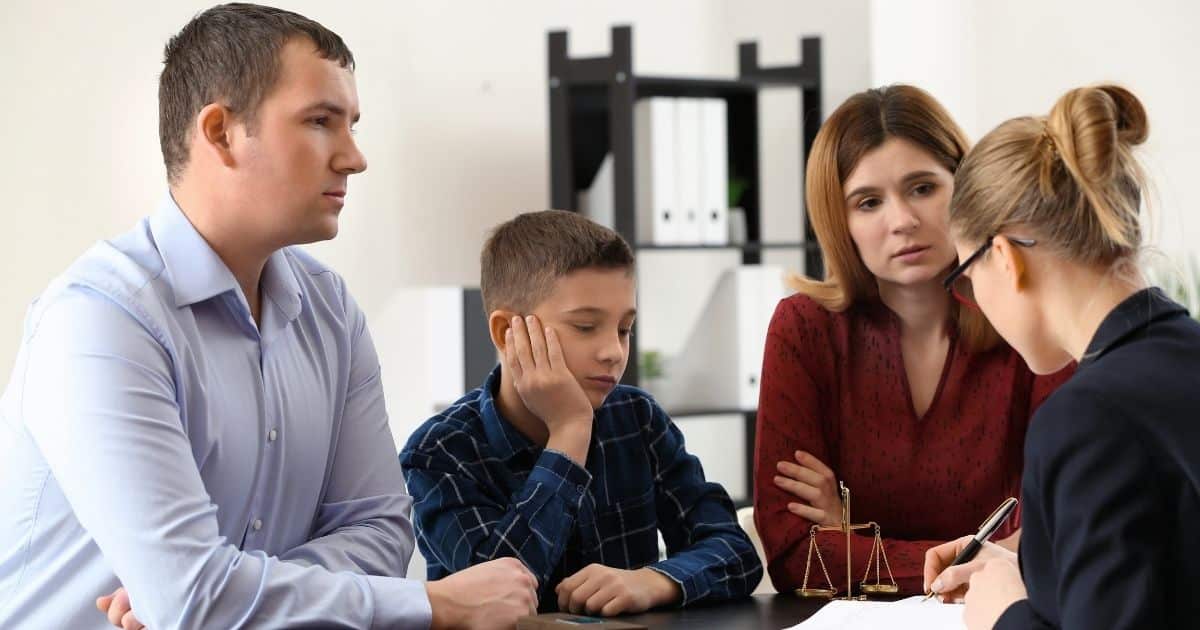Divorce is more than a legal process — it is a major emotional shift that affects the entire family, especially children. During this time, maintaining stability is one of the best ways to help everyone adjust. In New Jersey, where custody decisions are based on the child’s best interests, structure and consistency can make a meaningful difference in how children cope.
Why Stability Matters During Divorce
Divorce often brings uncertainty, and children may feel anxious about the changes in their daily lives. Keeping familiar routines — such as regular mealtimes, school schedules, and time with each parent — helps them feel secure. Parents should communicate honestly but gently, explaining what is happening in terms their children can understand. When children know they are loved and cared for by both parents, it helps them adapt with less fear and confusion.
How Parents Can Co-Parent Effectively in New Jersey
Even after a marriage ends, parents remain responsible for their children’s well-being. New Jersey courts encourage detailed parenting plans that outline custody, visitation, and decision-making responsibilities. These plans help ensure consistency and prevent misunderstandings.
Successful co-parenting depends on cooperation and clear communication. Parents should avoid arguing in front of their children and use respectful channels — such as texts, emails, or co-parenting apps — to discuss logistics. By focusing on the child’s needs instead of personal conflict, parents can build a more stable and peaceful co-parenting relationship.
Reducing Conflict and Protecting Children
Children should never be placed in the middle of parental disputes. When one parent criticizes the other or uses a child to relay messages, it can cause lasting emotional harm. Keeping disagreements private and maintaining a calm tone helps protect children from unnecessary stress.
If communication becomes difficult, parents can use mediators or parenting coordinators to resolve disagreements. Demonstrating civility and respect shows children that both parents are still working together for their benefit.
Maintaining Routine and Flexibility
A predictable routine helps children adjust to life after divorce. Whenever possible, parents should maintain familiar schools, extracurricular activities, and friendships. Consistency offers comfort during change.
At the same time, flexibility is important. As children grow, their schedules and emotional needs will evolve. Parents who regularly review and adjust parenting plans can ensure the arrangement continues to support their children’s best interests.
Supporting Children Emotionally
Reassurance is key. Children need to know the divorce is not their fault and that both parents will remain active in their lives. Encouraging open communication allows them to express their feelings safely. Avoiding legal or financial discussions in front of them protects their emotional well-being.
Parents can also help by showing stability in their own routines. When children see their parents handling the situation calmly and respectfully, they learn resilience and confidence through example.
Get Valuable Legal Guidance From the Moorestown Divorce Lawyers at Zeigler Law Group, LLC
A stable and supportive environment during divorce starts with a thoughtful plan and cooperation between parents. The Moorestown divorce lawyers at Zeigler Law Group, LLC can help you understand New Jersey custody laws, develop a balanced parenting plan, and protect your child’s best interests. With compassionate guidance and clear communication, you can create a positive foundation for your family’s next chapter. For a free consultation, call us today at 732-361-4827 or fill out our online form. With office locations in Toms River, Red Bank, Princeton, and Mount Laurel, New Jersey, we proudly serve clients throughout the state.

